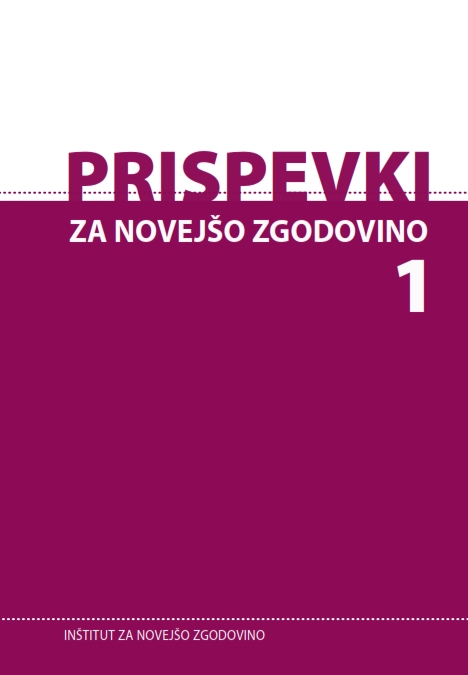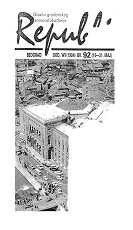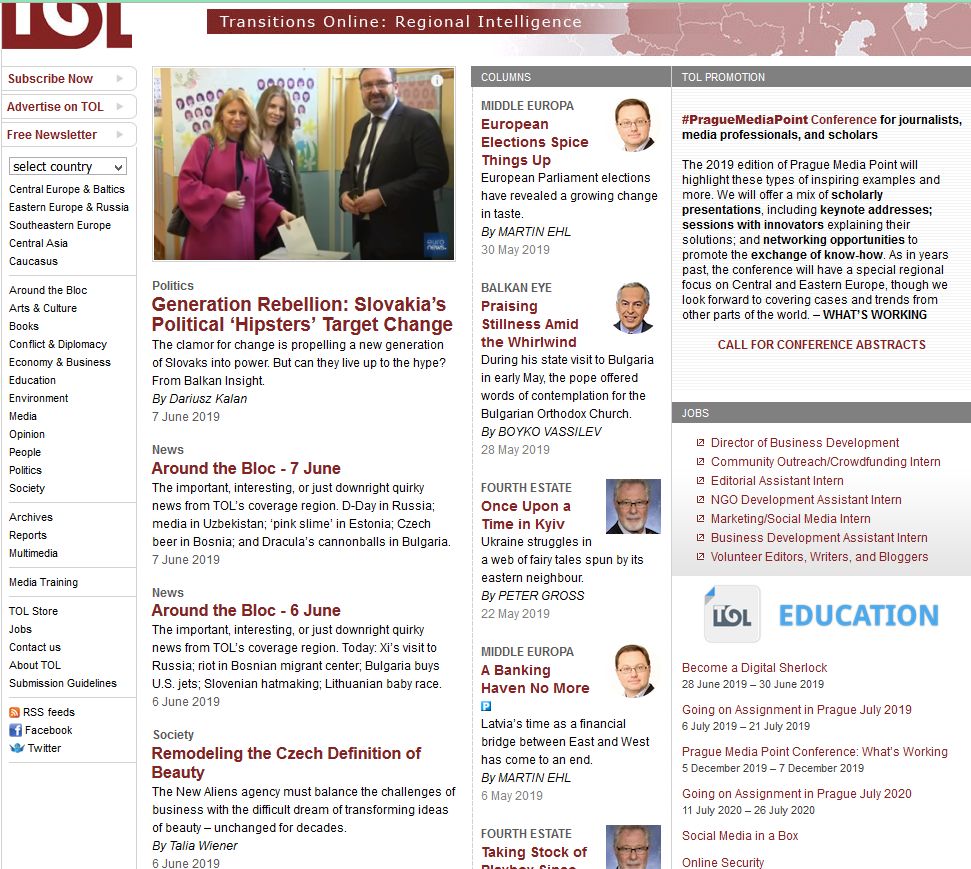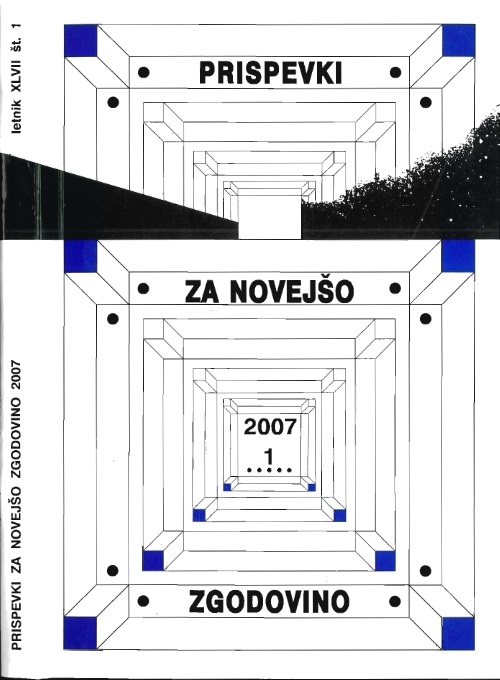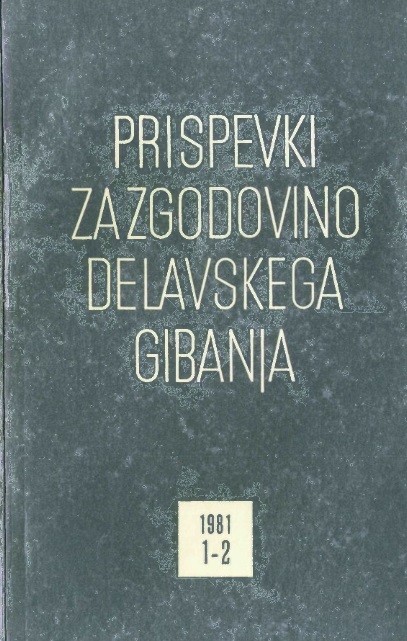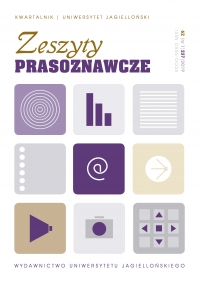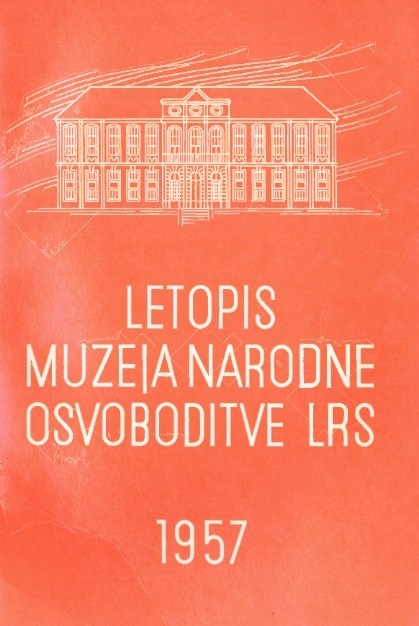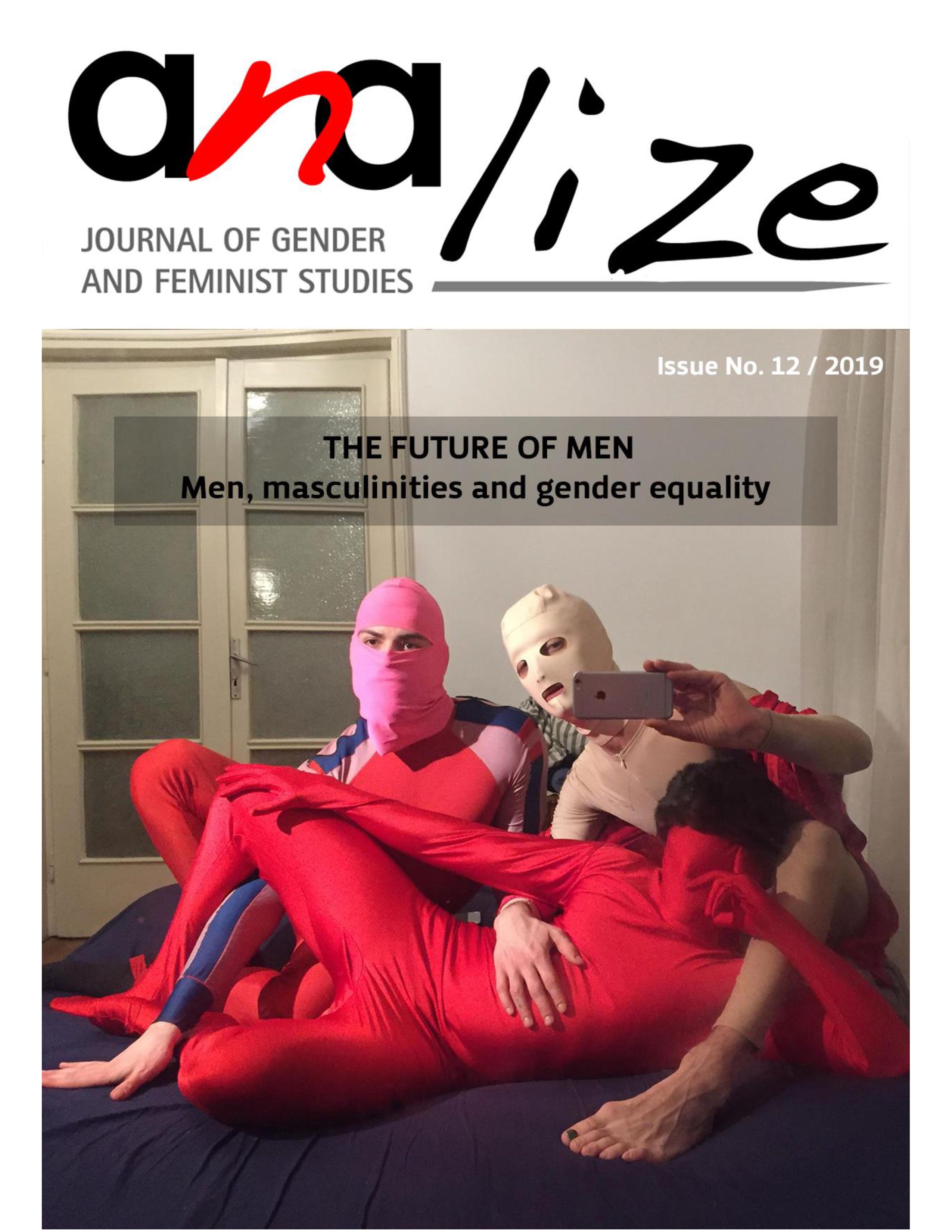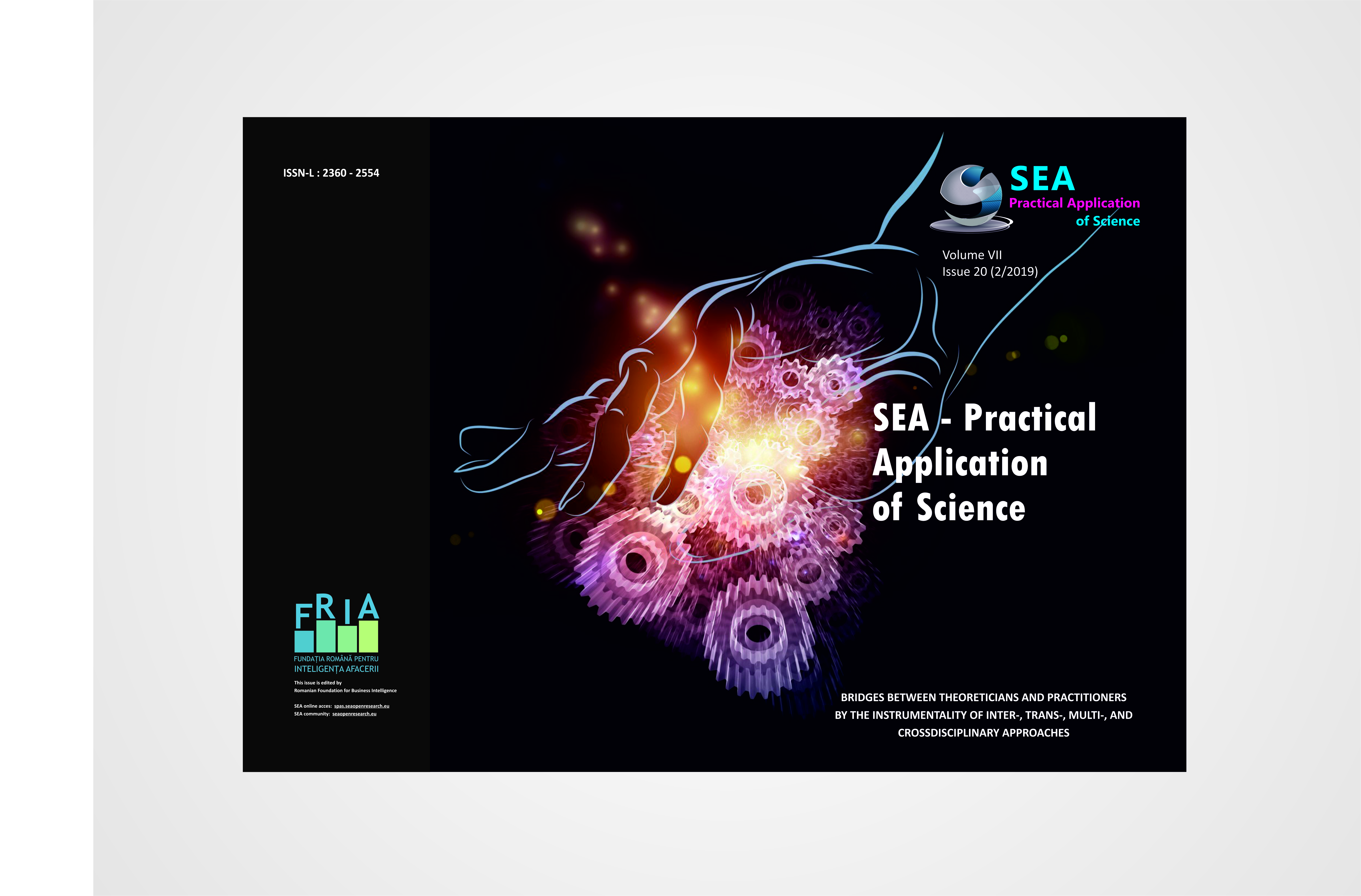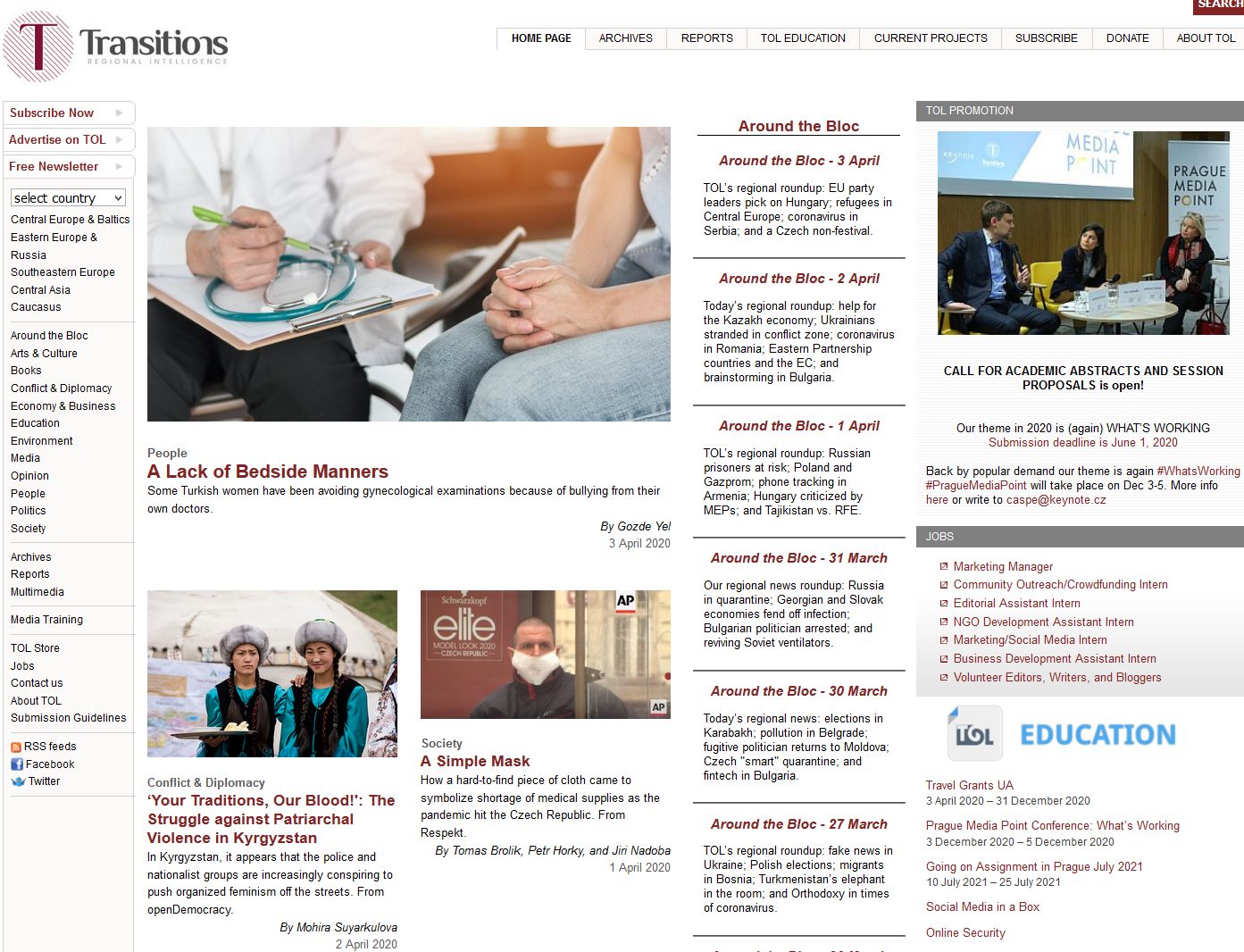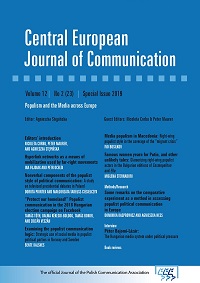Author(s): Nebojša Popov,Miodrag Stanisavljević,Milenko Marković,Teofil Pančić,Mirko Đorđević,Živorad Tasić,Vojislava Vignjević ,Momčilo Popović,Milan Prodanović,Miloš Bobić,Jovanka Matić,Đuro Šušnjić,Vasilije Popović,Pavle Radić,Nikolaj Timčenko,Nikola Racković / Language(s): Serbian
Issue: 113/1995
Nebojša Popov, Žive Sarajlije
Novak Pribićević, Iskušenja prebogate trpeze
Milenko Marković, Sticanje novog imidža
Teofil Pančić, Bosna: jedna cinična priča
Biti i ostati izolovan
Ćutljivi predsednik
Šta nam to poručuje režim
Uvek isto: memorandumi i balvani
Od koga će Crkva tražiti oprost
Mirko Đorđević, Res non verba
Živorad Tasić, „Takotrebajuća“ čorba
Vojislava Vignjević, "Ić"
Momčilo Popović (AIM), Poslužili su se nama - kao igračkama
Milostinja za treće doba
Nebojša Popov, Mir teži od rata
Milan Prodanović, Mostar kao opomena
Miloš Bobić, Profil serijskog ubice
„Pod lupom"
Jovanka Matić, Razoružavanje mržnje
Đuro Šušnjić, Sveto u vremenu svjetovnosti (Budućnost religije, Jakov Jukić, Matica hrvatska, Split, 1991, str. 263.)
Vasilije Popović, Šta je ispod leda
Pavle Radić, Odocnelo pukovnikovo pismo
Nikolaj Timčenko, Zloćudno lice nacionalizma
Nikola Racković, Razgrađivanje ličnosti (Danilo Eraković: Nepostojeći ljudi,
Beograd, Partenon, 1994.)
Republika na Fakultetu političkih nauka
Miodrag Stanisavljević, Nacionalni buvijak
More...
